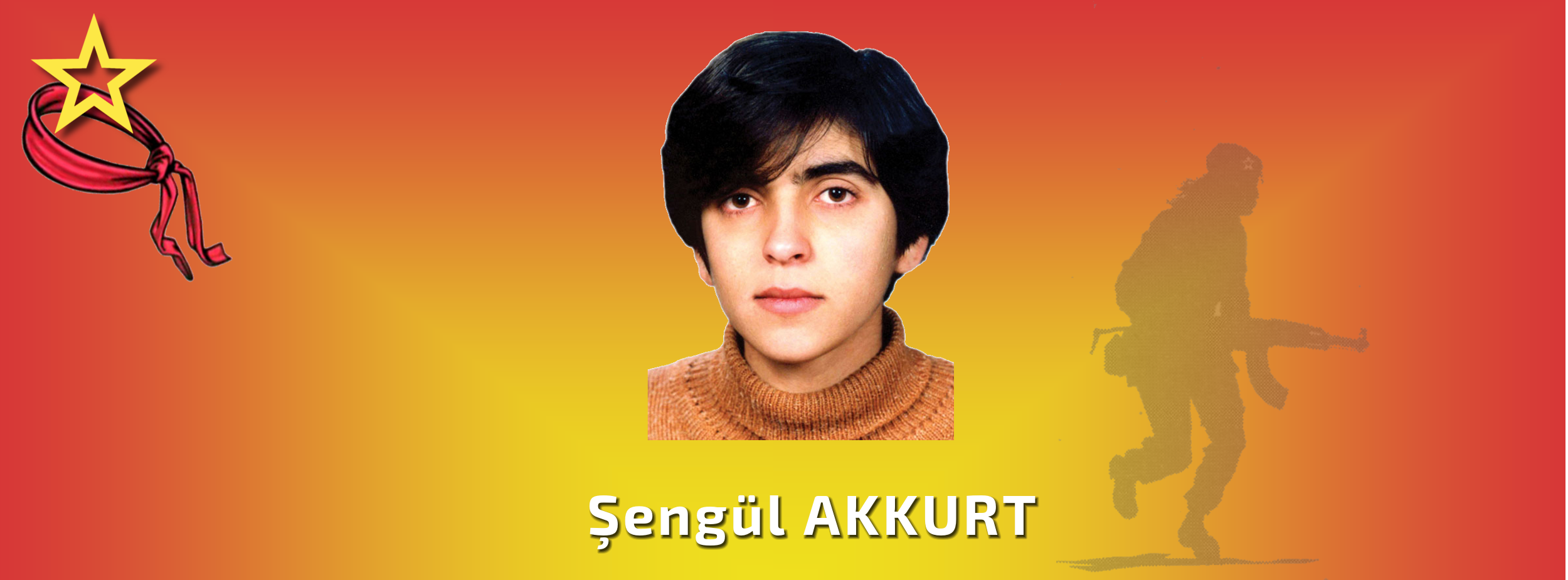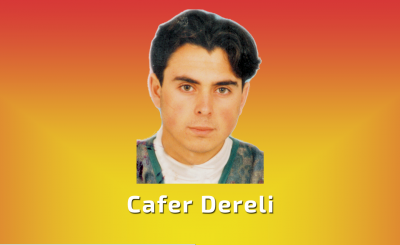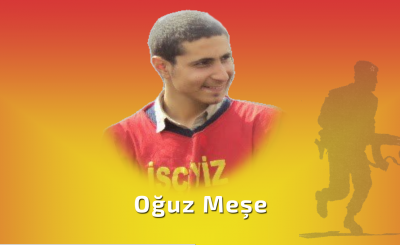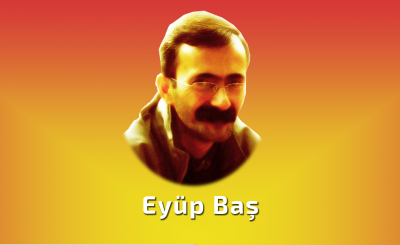Our comrade Sengul Akkurt was born in Malatya on May 18, 1977. She had just turned 26 at the time of her martyrdom.
Her home area was Adiyaman. She came from Ovi Sipi village (the village name was changed to the Turkish form Aksu) (note: Ovi Sipi is a non-Turkish, probably Kurdish place-name).
She went to Gazi high school in Malatya. Even in those years she was part of the struggle. She was part of the Revolutionary High School Youth. Then she worked for the revolutionary press in Malatya. Later she worked in the head office of the newspaper Kurtulus (Liberation) in Istanbul. She took part in the struggle and organisation of the people in the Istanbul shantytown called Nurtepe. She was frequently arrested, tortured and imprisoned, both in Malatya and Istanbul. She was given an arbitrary sentence by the oligarchy’s courts and put on the “wanted” list. After that she continued the revolutionary struggle in the underground organisation.
She always lived by working, including when she was in middle school and high school. She worked in the fields, in the tobacco industry, picked apricots and worked in restaurants and shops. She showed proletarian patience with the difficulties and deprivations arising from living illegally. Not once did she complain about this life; on the contrary, she took on her tasks with enthusiasm and resolve.
She took on her main duty after the prison massacre of December 19, 2000. For Sengul and those like her, this period had the following significance:
“All feelings assumed their true significance in this period, after December 19, that is, a sense of ties, love for one’s comrades, missing the martyrs, pain, joy, hope, belief, anger, love for humanity. For me, the period after December 19 meant demanding a reckoning for everything. While I thought of completing that demand I longed for that day. Now I believe that I can much better understand the weightiness and greatness of the role that we must play in the future of our land and the world.”
She understood that very well. So she did not hesitate in wanting to be a sacrificial fighter. She had waited for this moment without hesitating even once.
When the moment came she headed towards the enemy with the same resolve. An obstacle prevented her from reaching her target but she carried out her task. Through her, the whole world saw once again the resolve that Sengul and those like her show in going towards their targets.
The resistance to the isolation and destruction policy of America and its collaborators will go on. It will continue.
Up to now, massacres, repression, threats, isolation and censorship and been unsuccessful in the face of the willpower of the resistance, and they are doomed to remain unsuccessful.
When the sacrificial fighter Sengul Akkurt attached bombs to her body, her reasons were clear and comprehensible; you can see this in how she described her career in the movement:
“For me, the movement means… that nobody has to die of hunger at the doors of hospitals or in the queues formed by pensioners. For me the movement means that all mothers can obtain milk for their infants, that the need to queue for soup kitchens comes to an end, that the children are not exploited through labour, but are able to play and to eat ice cream, meat, eggs and cheese, and nobody has to hunt in rubbish bins for bread, nobody has to shiver with cold in the winter nights, and there are no children addicted to paint thinner and glue-sniffing. It means for me that unemployment comes to an end and our young girls are not being sold; and the newspapers are not filled every day with items about murder, suicide, crime, robbery and perversity. It means that when we go out into the streets we can see people who are lively and have a sparkle in their eye, enjoy life and have confidence in themselves, as opposed to pale, hopeless, helpless, tired, sick and weak people whose glances are expressionless and filled with fear. The movement measn hope. It is the longing for bread, justice, equality, freedom and a free country.
In short, the movement means the future.
Everything is so obvious.
When she was attaching the bombs to her body she thought of nothing other than ending the tyranny of prison isolation.
It is governments that are responsible for violence. They are the ones who commit massacres and use isolation.
Those who say that violence is wrong should come up with a solution. Struggle in the ways that you claim exist that are not “violent” and not the “Death Fast”.




